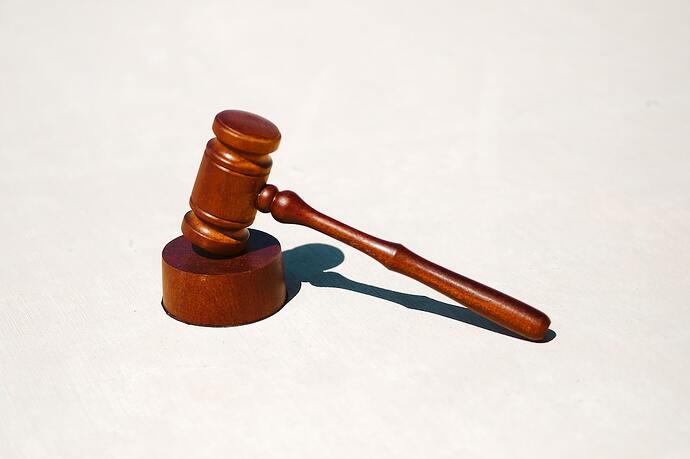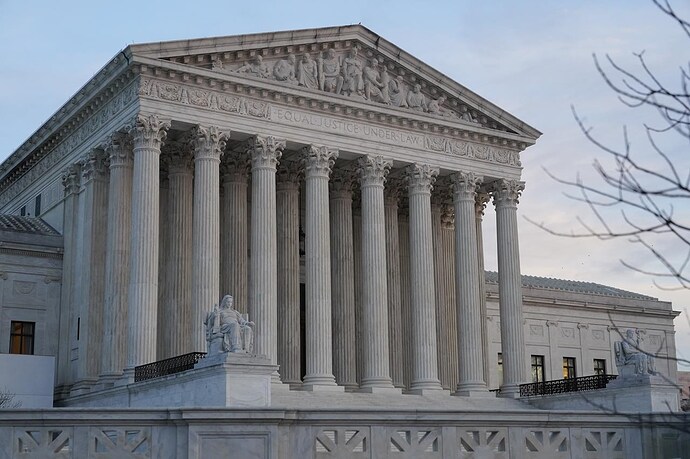Introduction:
Courts are legal institutions tasked with the administration of justice in almost every country around the world. They are usually established by national constitutions or legal systems, with the primary function of resolving disputes and enforcing the law. This article will focus on the characteristics of courts, their types, and functions, and their importance in maintaining the rule of law.
Characteristics of Courts:
Every court has some common characteristics that distinguish it from other institutions. Firstly, courts are independent judicial bodies, which means that they operate outside the control of any other branch of government or external influence. Secondly, courts are neutral and impartial, meaning that they do not take sides in any legal dispute before them. Thirdly, courts are bound by the law and relevant legal precedents, and their decisions are based on evidence presented during hearings.
Types of Courts:
There are different types of courts, and their names and functions vary according to the legal system in which they are established. In most legal systems, however, the primary categories of courts are:
-
Supreme Court: This is the highest court in the land, and it has the final say on legal matters. Its judges are usually appointed by the head of state or elected by the legislature, and they make decisions that are binding on all other courts.
-
Appellate Court: This court usually hears appeals from lower courts, and its judges may overrule or uphold the decisions of lower courts. It is often divided into smaller panels of judges, who hear and decide cases.
-
District Court: This court usually hears cases involving minor offenses and civil disputes. It is the first point of call for people with legal complaints, and its decisions are often subject to appeal to higher courts.
-
Constitutional Court: This is a specialized court that deals with matters relating to the constitutionality of laws and government actions. It is usually established to ensure that the fundamental rights of citizens are protected, and its decisions may be far-reaching.
Functions of Courts:
Courts serve many functions, but their most important one is to administer justice. They resolve disputes between individuals and organizations, ensure that laws are enforced and interpreted properly, and safeguard the rights of citizens. Some of the other functions of courts include:
-
Establishing legal precedents: Courts are often called upon to interpret or clarify laws, and their decisions may become legal precedents that guide future cases.
-
Punishing offenders: Courts are also responsible for sentencing offenders and administering punishment in accordance with the law.
-
Protecting society: By enforcing the law, courts also help to protect society from individuals or groups who would break it.
Importance of Courts:
Courts are an essential part of any legal system, and their importance cannot be overstated. They help to maintain the rule of law, protect individual rights, and ensure that disputes are resolved fairly and impartially. Without courts, people would have no way to seek redress for legal grievances, and the legal system would be powerless to enforce laws and protect citizens.
Conclusion:
Courts are a vital institution in every legal system, and their role in administering justice cannot be overemphasized. They are independent, impartial, and bound by the law, and their decisions serve as legal precedents that guide future cases. Courts help to maintain the rule of law, protect individual rights, and ensure that disputes are resolved fairly and impartially, making them an indispensable part of any democratic society.
Disclaimer
6do Encyclopedia represents the inaugural AI-driven knowledge repository, and we cordially invite all community users to collaborate and contribute to the enhancement of its accuracy and completeness.
Should you identify any inaccuracies or discrepancies, we respectfully request that you promptly bring these to our attention. Furthermore, you are encouraged to engage in dialogue with the 6do AI chatbot for clarifications.
Please be advised that when utilizing the resources provided by 6do Encyclopedia, users must exercise due care and diligence with respect to the information contained therein. We expressly disclaim any and all legal liabilities arising from the use of such content.
















